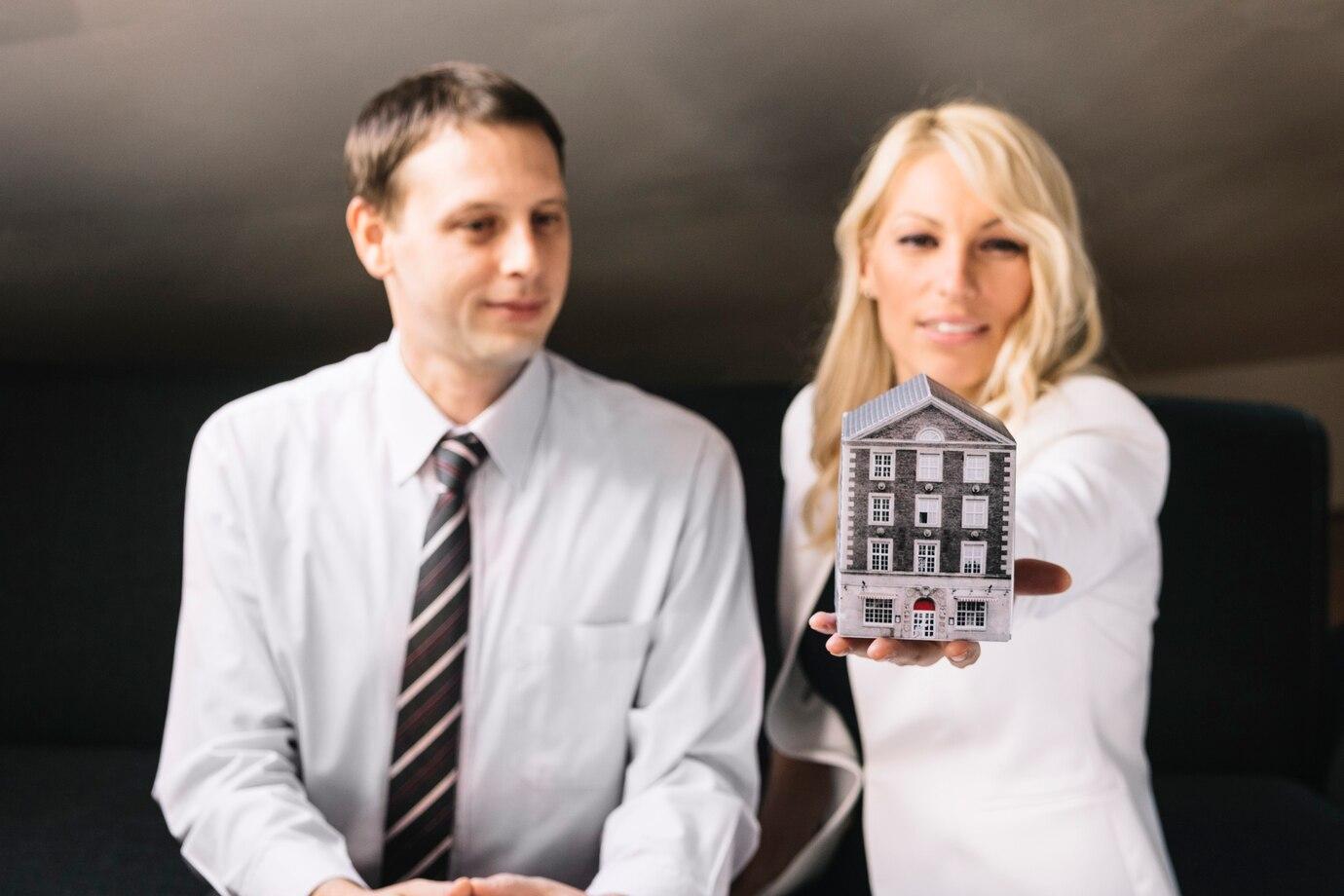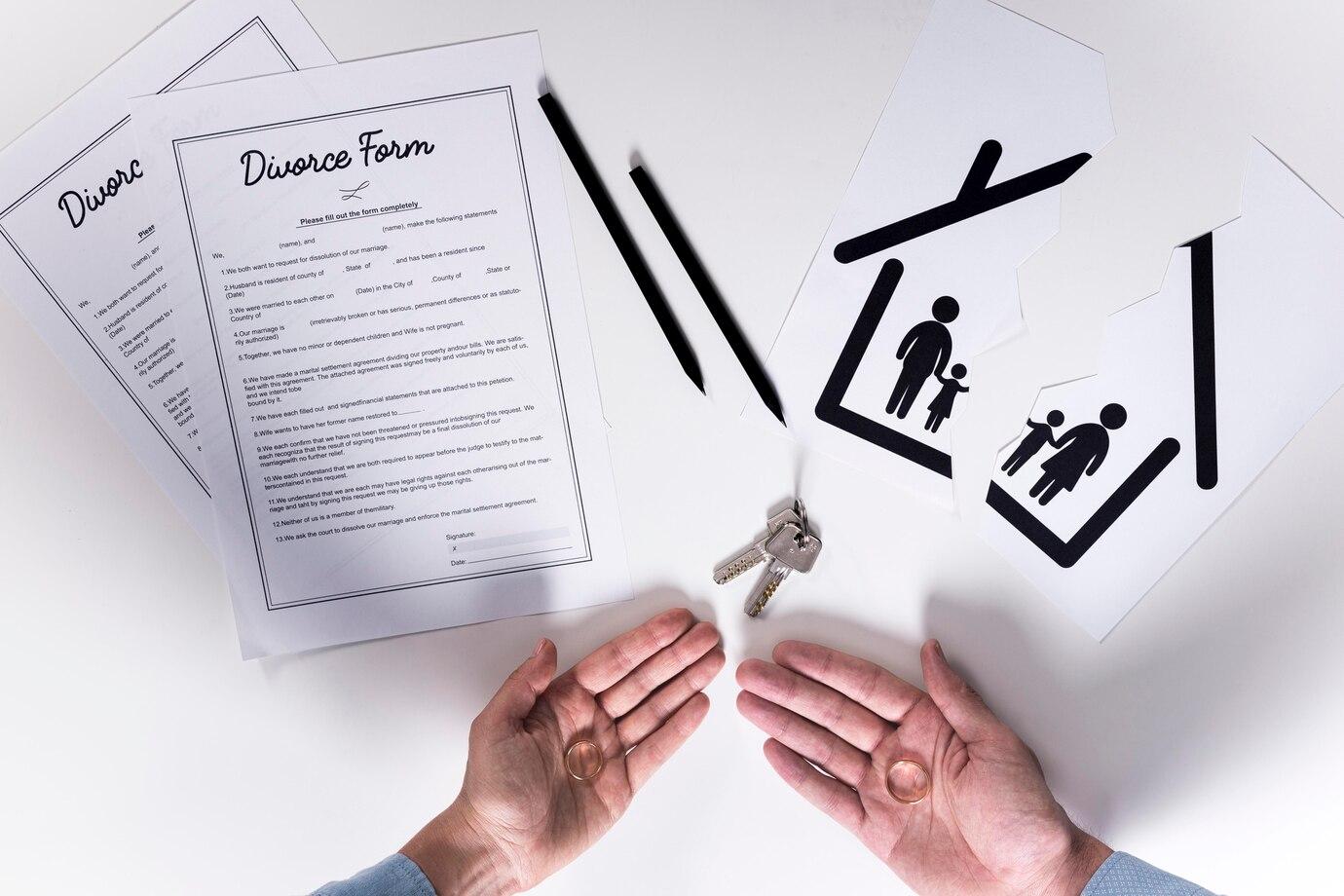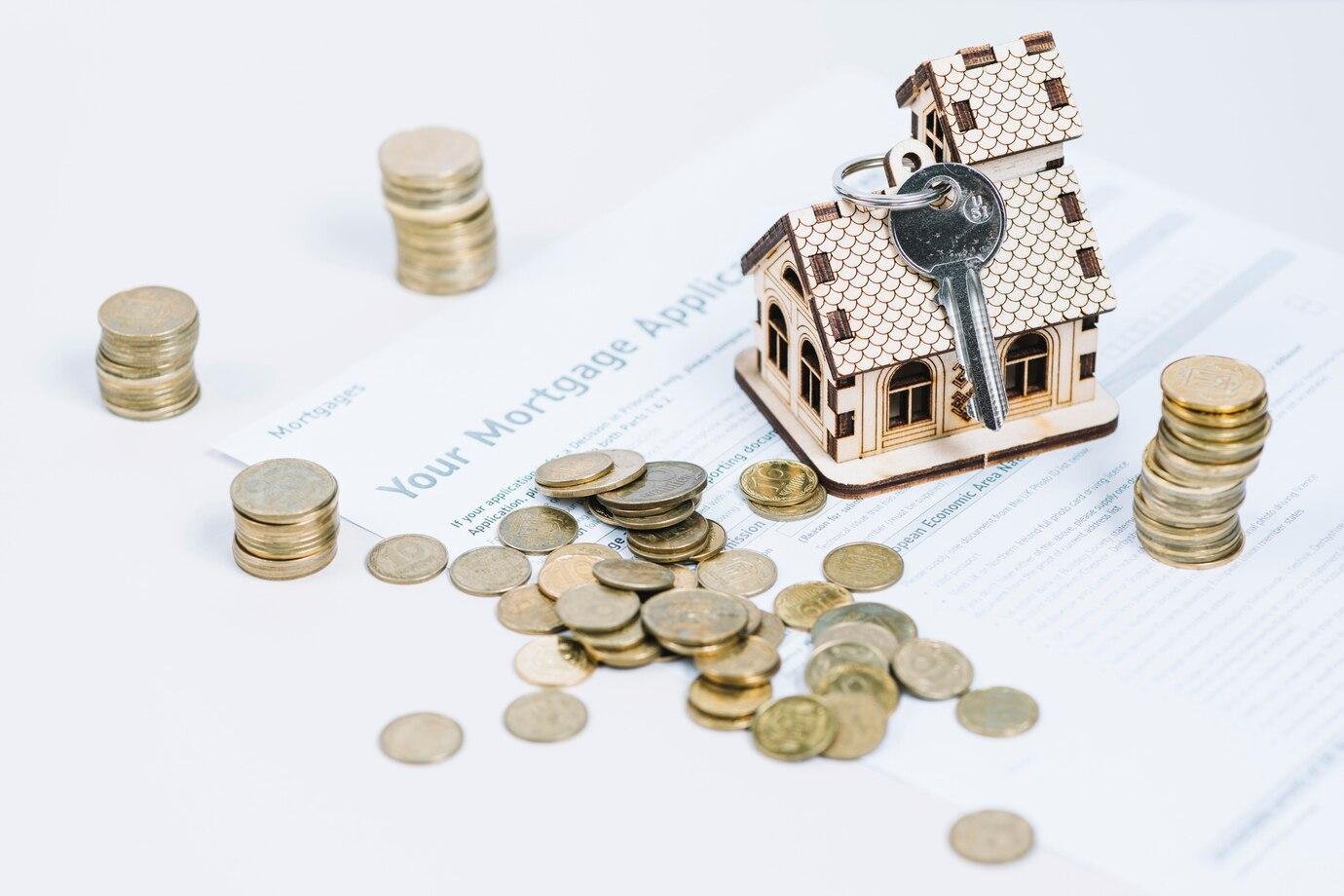Investing in real estate abroad is not only an opportunity to increase your capital, but also a potential risk of encountering various fraud schemes. This topic becomes especially relevant against the backdrop of increasing demand for foreign real estate. Fraud in buying property abroad can take different forms: from fake documents on villas to scams with resort properties.
According to a study conducted by the International Association of Real Estate Agents, the share of foreign investors in the housing market in some countries reaches 30%. This creates favorable ground for scams, as many buyers do not have enough information about local laws and market specifics.
According to data published in the 2023 real estate report, more than 15% of foreigners who bought property abroad faced fraud. This statistic emphasizes the importance of knowing how to avoid fraudulent schemes.
Real Estate Investment Fraud
Real estate fraud can take many forms. For example, investors can be deceived through fake property sale offers that look attractive. Often, the price of such property is significantly below market value, which entices buyers.
Another common scheme is the gypsy method, where fraudsters create fake real estate agencies. They attract clients with flashy advertising campaigns and promises of high returns. As a result, property is often purchased that does not exist at all, or housing is offered in poor condition, while the photos show something completely different.

Fraud in Buying Property Abroad
When buying property abroad, it is important to be attentive to documents. Fraudsters often use fake documents and identification data to deceive buyers. For example, they may offer fake ownership certificates or distorted data on the legal status of the property.
Another common case is fraud with "privileged" offers. Fraudsters often say that the investor can get better conditions if they make the purchase suddenly. This is manipulation that makes a person act impulsively without understanding all the details.
Resort Property Scams
Resort property has long been a popular destination for investors. But it is here that fraud thrives like never before. One of the most common schemes is selling an apartment or house at the construction stage. Fraudsters ask for an advance, promising to provide identifiers and guarantees, but after receiving the money, they disappear, and the construction never begins.
Another common scam concerns rentals. Fraudsters put up for sale or rent apartments belonging to other people, using their photos and data. It is easy to check whether such apartments exist, but most buyers do not bother with this.

Scams in Investing in Apartments
Investing in apartments at the construction or pre-order stage has become especially popular. However, it is in this segment that there is a high probability of encountering fraud. Buyers can be caught by promises of a low price for housing that is not yet built.
This approach risks not only losing funds but also serious legal consequences. In some cases, developers may maintain ties with fraudsters who emphasize their "services."
Fake Villa Documents
One of the most barbaric forms of fraud is the use of fake documents on villas and other real estate. Fraudsters can create fake ownership acts that illegally transfer property rights to a new "owner."
It is also worth noting that passports and other identity documents can also be forged. This complicates the task for law enforcement, and the real owner may find it difficult to reclaim their property.

Scam with Foreign Real Estate
A scam can look like a legitimate transaction, but discrepancies quickly emerge that are easily ignored by buyers. Incorrect legal status, defects in documentation, and lack of ownership rights are all potential traps.
It is important to understand that reliable companies always provide transparent information about their properties, and all documents undergo legitimate verification. If an offer seems too good to be true, it probably is.
How to Check Real Estate Investments
Before buying real estate abroad, it is extremely important to conduct a thorough check. What to pay attention to:
- Documents. Make sure all necessary documents are legitimate. Check the seller's identity, ownership acts, and licenses.
- Property history. Inquire about the property's history. This will help determine how many times it has changed owners and whether there are any outstanding obligations.
- Trading platforms. Use only reliable and verified platforms to search for real estate. Reading reviews and seeking information about the company is also important.
- Legal consultation. Involve lawyers specializing in international real estate. Professionals will remind you of key aspects that cannot be overlooked.
- Licensing payments. Request details regarding payment. Check how often such companies raise commissions and hidden fees.

Real Estate Fraudsters
Real estate fraudsters operate in an organized manner. Often these are entire groups that handle buyers at all stages of transactions. They can use various tactics to immerse you in a world of deception, including phone harassment, lack of transparency in the deal, and creating fake documents.
One of the most common tactics is active sales, where fraudsters use claims of soon-to-end offers. There is a sense that the deal will "fly away" at another moment, and the excitement of beating future losses pushes people to rash decisions.
Against the backdrop of growing interest in investing in real estate abroad, fraud is becoming increasingly relevant. The importance of thorough checks, using reliable sources, and turning to professionals cannot be overestimated. Understanding fraud schemes and being aware of how to verify real estate can help you avoid losses and ensure your financial security. By considering all aspects of the modern real estate market, you can make more informed decisions and ultimately successfully invest.
